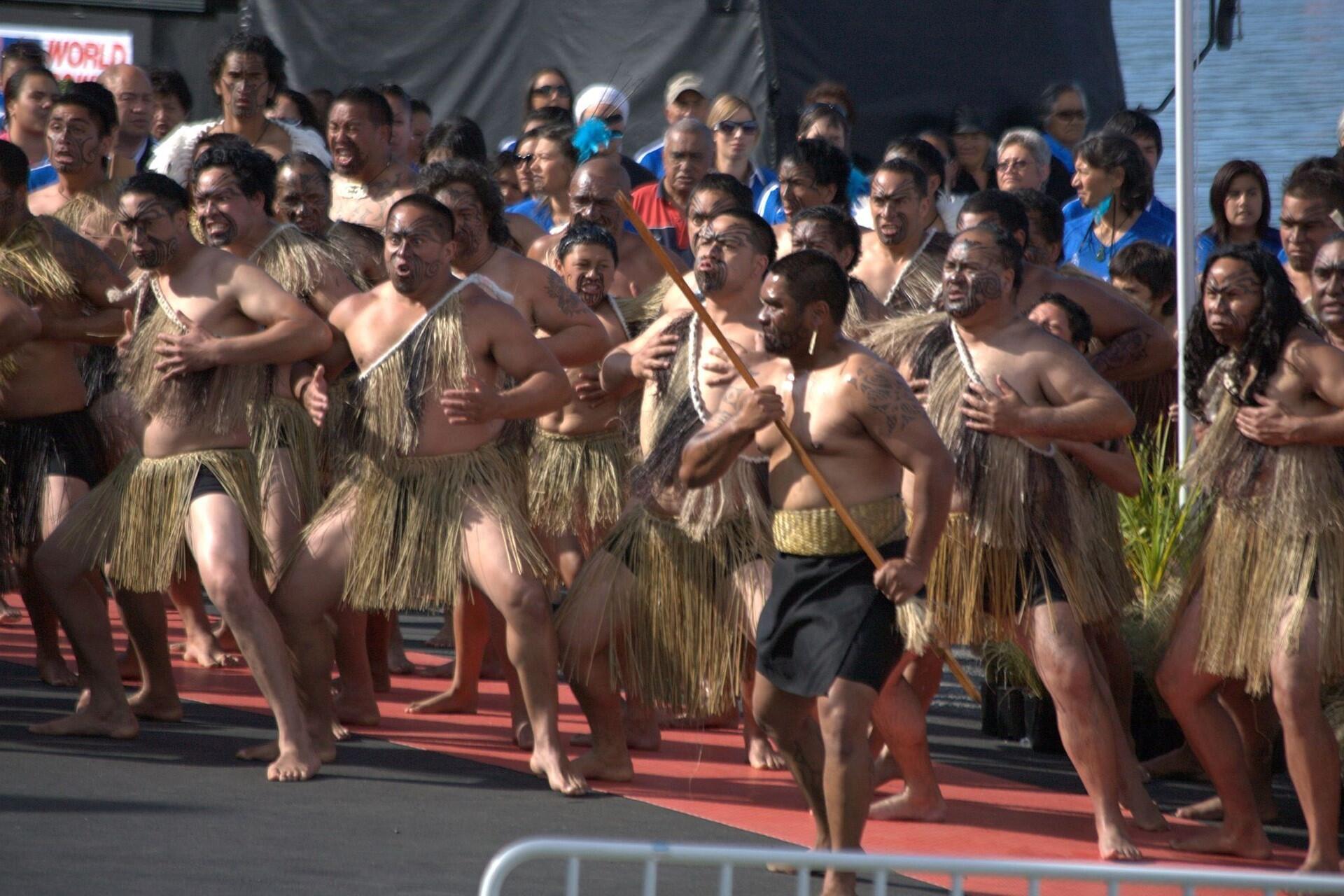The haka is a powerful and symbolic ceremonial dance from Māori culture. It's a global symbol of unity, strength, and cultural pride, with many worldwide recognising it from its inclusion before New Zealand All Blacks rugby matches.
It's traditionally performed in groups, expressing collective identity with synchronised movements, chanting, and storytelling.
So how did the Guinness World Record for the largest mass haka performance end up in France for a decade? How did New Zealand reclaim the record? And what was the impact of this monumental cultural event?

The History of Haka World Records
The haka world record is a powerful expression of cultural pride and national identity. While the competition of holding the record is quite friendly, the ultimate result is an excellent way to unite communities while showcasing Māori culture globally.
The Origins of the Haka Record Attempts
Communities in New Zealand started organising large-scale haka performances in the early 2000s to promote Māori culture and unity.
These events quickly gained international attention, which inspired friendly competition from other nations, particularly rugby-playing nations, who were likely already familiar with it as the All Blacks perform a haka before their matches.
Key Milestones in Haka World Records
- 2011 – New Zealand: The first major Guinness World Record attempt for the largest haka involved 3,264 participants.
- 2014 – France: The city of Brive-la-Gaillarde in France claimed the record with 4,028 participants, marking a significant moment as a non-Māori nation embraced the tradition.
- 2024 – New Zealand Reclaims the Title: On September 29, 2024, Eden Park saw a massive turnout of 6,531 people, reclaiming the title for Aotearoa.
Why These Record Attempts Matter
- Cultural Awareness: Each event has spotlighted Māori culture on a global platform.
- Unity: Mass haka events bring together people of all ages and backgrounds.
- Friendly Competition: The rivalry between New Zealand and France adds excitement to cultural expression.
Each record attempt serves as more than just a competition—it reinforces the cultural significance of the haka while uniting communities around the world.
The 2024 Record-Breaking Event at Eden Park
The first record was claimed in 2011 in New Zealand, and France claimed it in 2014. This record stood for a decade before the event at Eden Park.
On September 29, 2024, Eden Park in Auckland hosted a massive cultural celebration, far beyond that of any pōwhiri, a traditional Māori welcoming ceremony. Claiming the Guinness World Record for the largest mass haka performance with over 6,000 people, the record was not only returned to New Zealand but Māori culture and heritage were honoured through the iconic Ka Mate haka.
The Venue and Atmosphere
Eden Park is New Zealand's most famous sports stadium. It hosts major rugby matches and events.
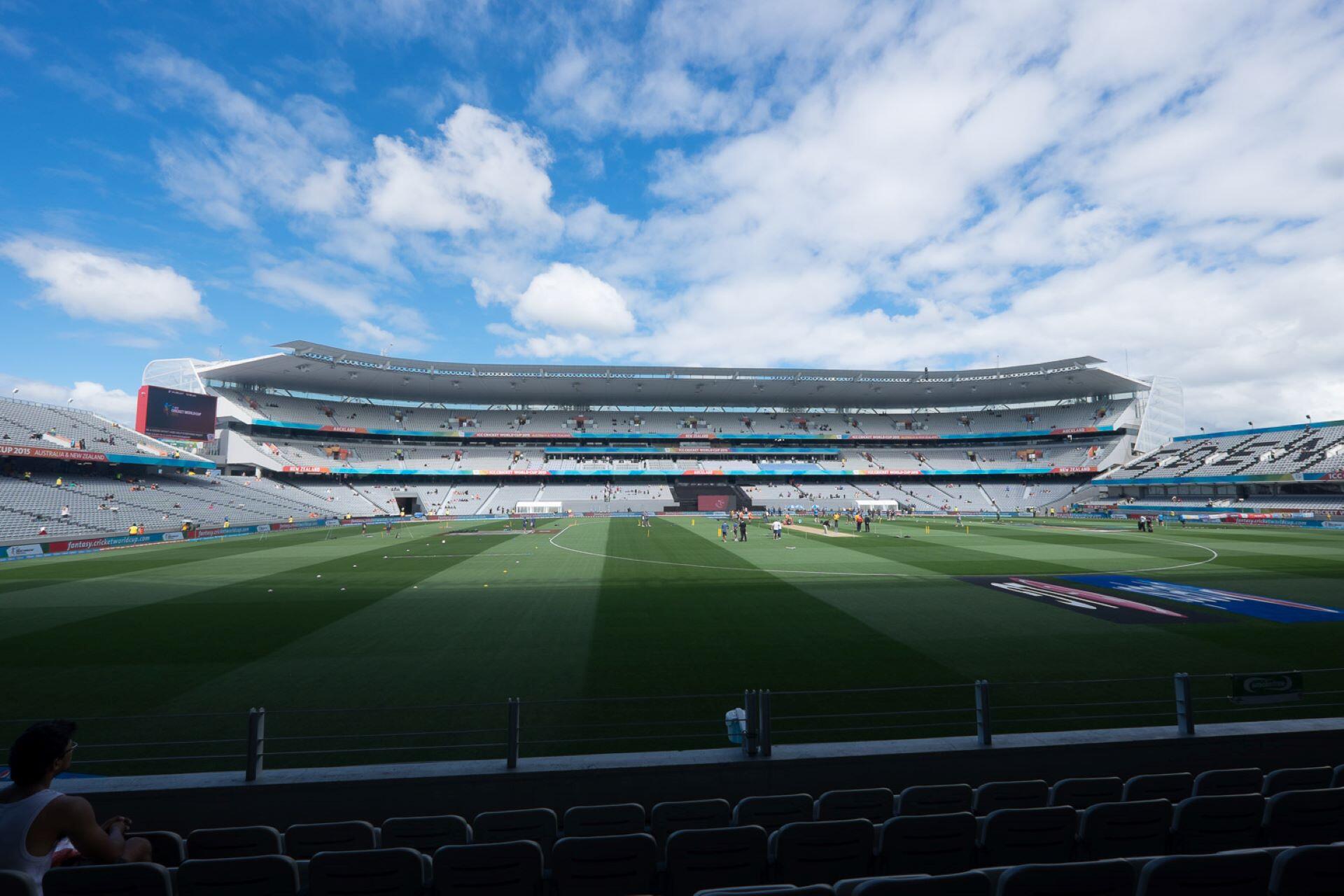
On this historic day, the stadium became a cultural hub with thousands of participants from diverse backgrounds, including schools, community groups, and cultural organisations, ready to perform the haka in unison.
Understandably, the atmosphere was electric, with synchronised chanting and foot-stomping filling the stadium.
The Haka Performed: Ka Mate
The iconic Ka Mate haka was chosen for the record attempt. This haka, composed around 1820 by Ngāti Toa chief Te Rauparaha, celebrates life after escaping death.
It includes the powerful lines:
"Ka mate, ka mate! Ka ora, ka ora!" (It is death! It is life!)
Verifying the Record
Official representative from Guinness World Records oversaw the event. For the record to be counted, all participants had to adhere to the following guidelines:
- Every individual had to perform the full Ka Mate haka correctly.
- The performance had to last a minimum duration.
- Accurate participant counting was conducted at entry points.
Confirming that 6,531 participants had performed the haka correctly, the world's largest haka record was returned to New Zealand, its rightful home.
This isn't the only competitive haka, though. During the Te Matatini performing arts festival, hakas are judged as part of the competition.
Eden Park’s record-breaking haka wasn’t just about the numbers—it was a powerful display of cultural pride and national unity.

Cultural Significance and Impact
The haka is more than just a performance, though. It's an essential part of Māori identity, storytelling, and spiritual strength.
The 2024 record-breaking haka at Eden Park wasn't just a fun way for many people to participate in a Guinness World Record. It was a powerful celebration of Aotearoa's cultural heritage.
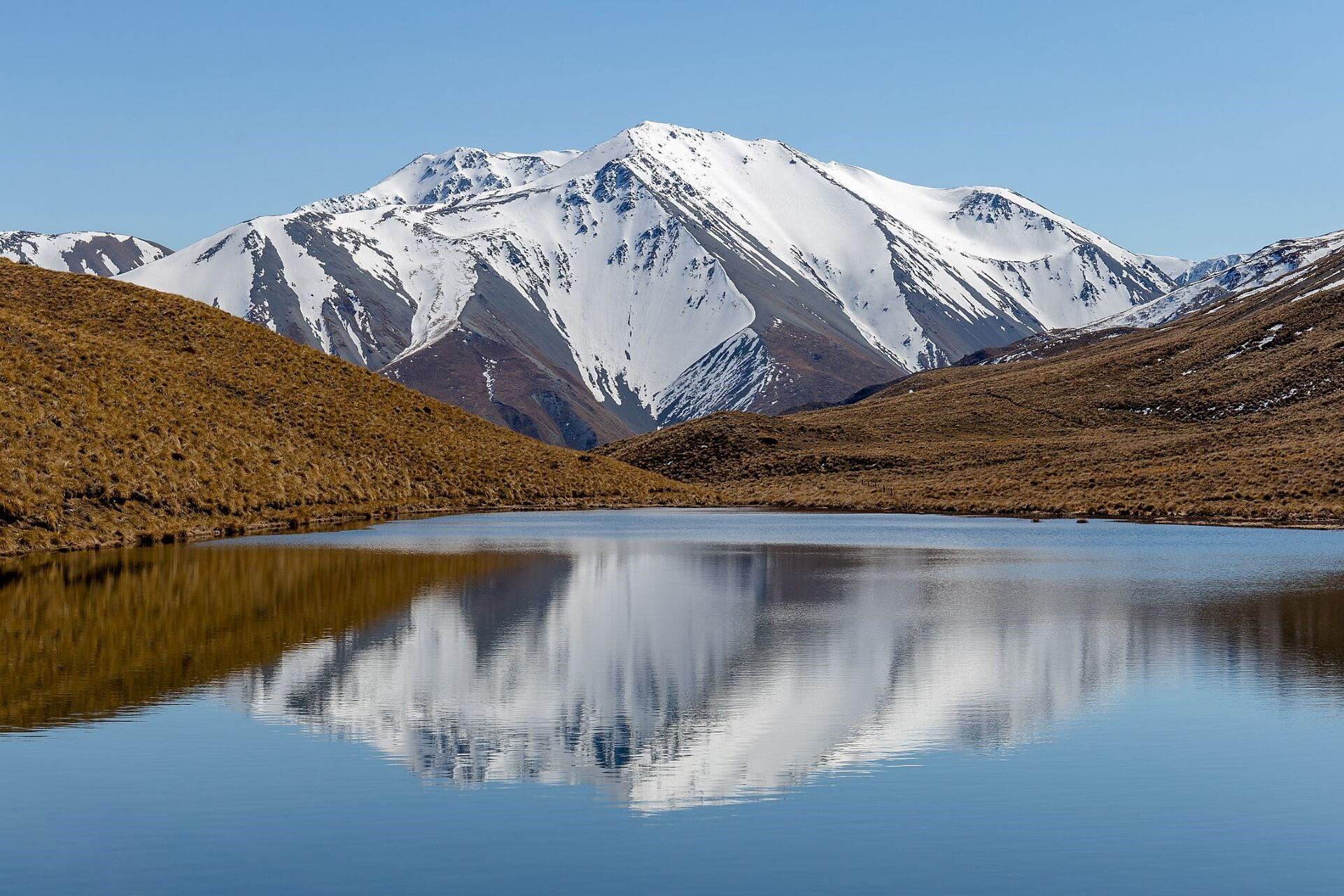
A Cultural Treasure of Aotearoa
The haka originates from Māori traditions, where it has been performed for many years for several significant reasons:
- War Dance: To prepare warriors for battle and intimidate opponents.
- Celebration: To mark significant events, such as weddings and victories.
- Mourning: To express grief and honour those who have passed.
The Ka Mate haka chosen for the record attempt was also significant as it's a symbol of triumph and survival.
The haka is not just a performance—it’s a living connection to Māori history, identity, and the spirit of Aotearoa.
Strengthening National Identity
The record attempt united New Zealanders from different walks of life: Māori, non-Māori, children, elders, and international guests.
Whanaungatanga (kinship) and shared identity are key parts of Māori culture, and this large-scale event was just one way to celebrate it. The attempt and act of participating in this haka together also celebrated several other key Māori cultural principles:
- Mana (Pride): Representing strength and respect for culture.
- Kotahitanga (Unity): A collective spirit of togetherness.
- Whakapapa (Ancestry): Honoring cultural roots and storytelling.
The haka is not just a dance, but it's a symbol of national pride and cultural resilience and the ability to unify over 6,000 people to perform it at the same time echoes these notions.
Inspiring Global Awareness
The record-breaking event also made headlines worldwide, showcasing Māori culture to a global audience. This helped spark conversations about cultural preservation and respectful representation.
Additionally, it allowed New Zealand to reclaim the record, demonstrate the importance of protecting Indigenous traditions, and share these traditions respectfully and authentically.
Events like these ensure that Māori traditions continue to thrive while educating the world about Aotearoa’s rich cultural heritage.
Past Record Holders and Challenges
The haka world record has been a friendly international competition between New Zealand and France.
The record attempts have helped unite communities and showcase the powerful role of the haka.
| Year | Country | Number of Participants | Location | Haka Performed |
|---|---|---|---|---|
| 2024 | New Zealand | 6,531 | Eden Park, Auckland | Ka Mate |
| 2014 | France | 4,028 | Brive-la-Gaillarde | Ka Mate |
| 2011 | New Zealand | 3,264 | Rotorua | Ka Mate |
The 2014 French Record Attempt
The French city of Brive-la-Gaillarde claimed the world record in 2014 with 4,028 participants.
This sparked a friendly competition between the two countries, with France's record attempt being a celebration of cultural appreciation.
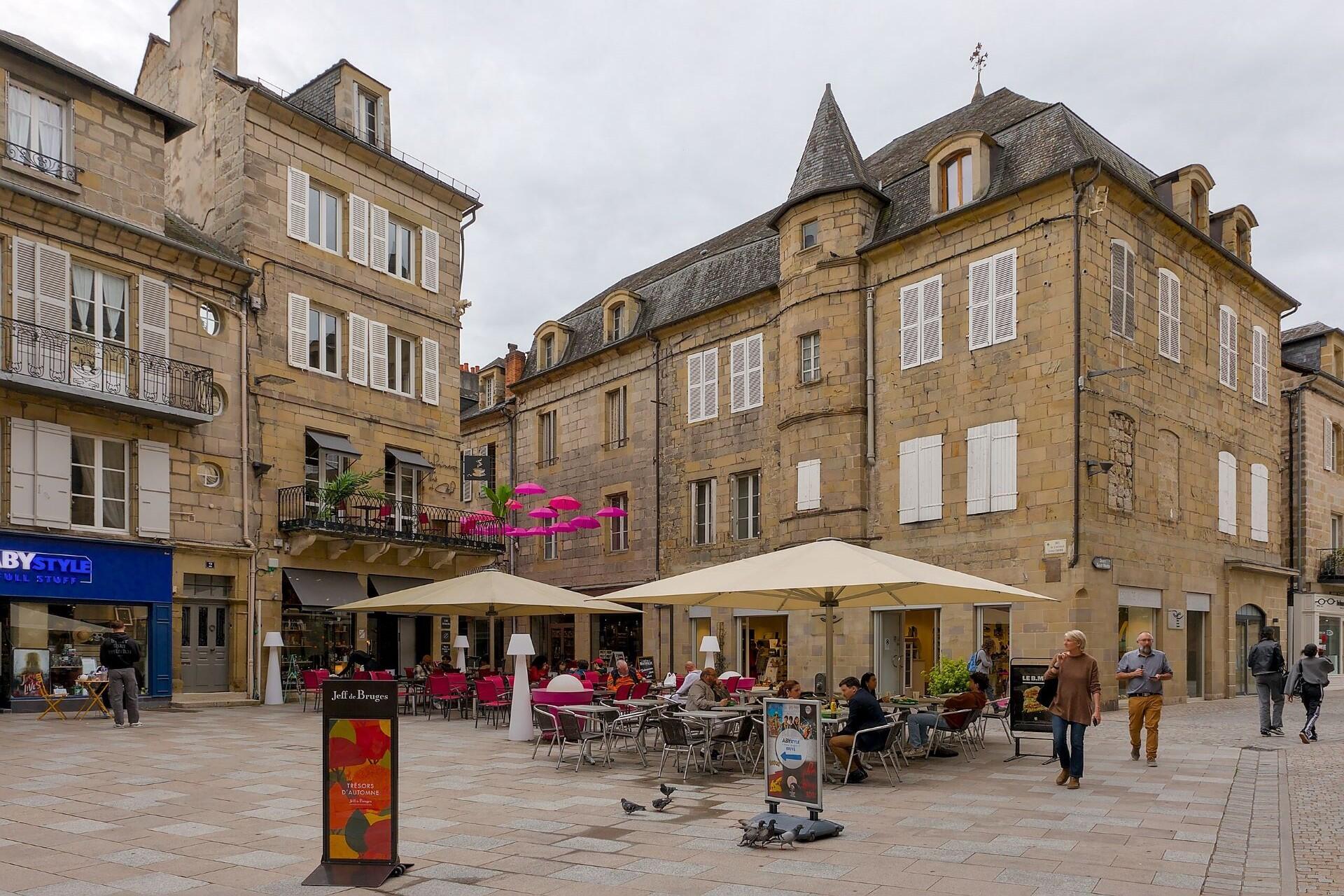
France’s record-setting haka showcased international admiration for Māori culture but also reignited New Zealand’s determination to reclaim the title.
New Zealand’s Response and Redemption
The 2024 event reaffirmed New Zealand's role as the cultural home of the haka. It was important to those involved and New Zealand itself for several reasons:
- Cultural Pride: The record inspires Māori and non-Māori to participate in a shared cultural experience.
- Global Recognition:It brings the haka to international attention.
- Friendly Rivalry:The competition with France adds excitement and motivation for larger, inclusive cultural events.
Each haka record attempt serves as a powerful reminder of the global impact of Māori culture and the importance of honouring its origins.
Memorable Moments from the Event
The 2024 Haka World Record was more than just a massive cultural achievement. It was a visually and emotionally powerful experience, with key moments throughout the day.
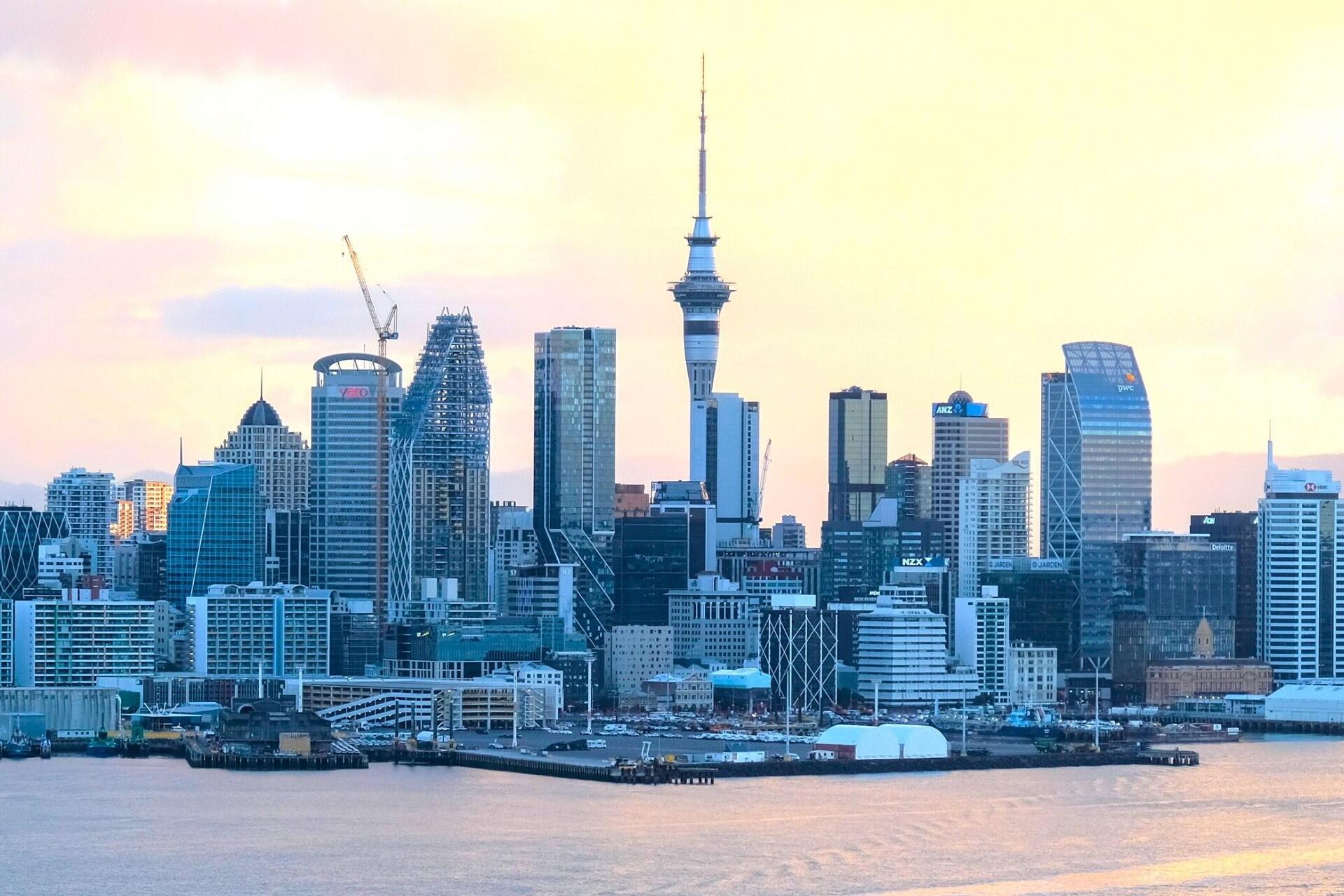
- A Wave of Unity: It was breathtaking to see 6,531 participants standing shoulder to shoulder, performing the Ka Mate haka in unison.
- Diversity in Participation: The crowd included people from all walks of life—Māori, non-Māori, school groups, cultural organisations, and entire families.
- Emotional Impact: The atmosphere was emotionally charged, with many participants expressing pride and connection to Māori heritage.
- Cultural Education: To ensure cultural integrity, participants were taught the meaning and correct movements of the Ka Mate haka before the event.
Here's the report from Guinness World Records.
The 2024 Haka World Record at Eden Park was a historical achievement and a wonderful celebration of Māori culture, national pride, and community spirit.
New Zealand reclaimed its rightful place as the title holder by bringing together over 6,000 people and performing the Ka Mate haka.
It also showed how people from diverse cultural backgrounds can unite to celebrate cultures. It reinforced a commitment to Māori heritage, educating participants and audiences about the deeper meanings behind the haka and ensuring its authenticity is respected globally.
Moreover, the event was a collaboration with the Raukatauri Music Therapy Trust, making it an incredible platform for positive change!
Summarise with AI:

